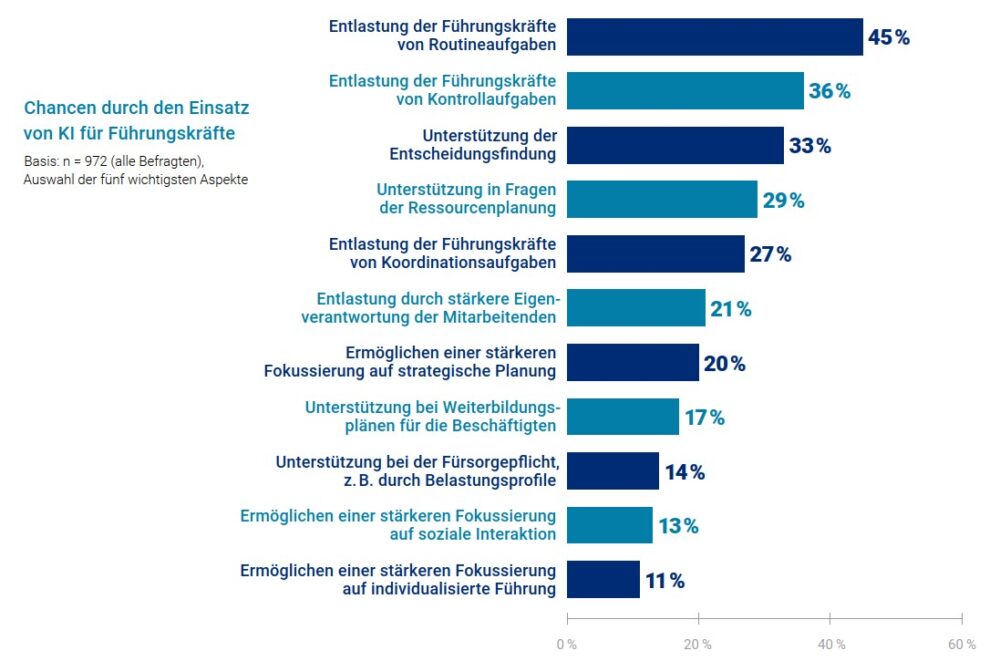New Metaverse Report: Three Trillion Dollars in First Decade?
If economists at the Analysis Group are to be believed, the metaverse could contribute three trillion U.S. dollars to global GDP in the first ten years after implementation.

Economists at Analysis Group, one of the largest international economic consulting firms, have published a new report on the metaverse: this states that in the tenth year after its introduction, the metaverse could contribute 2.8 percent to global gross domestic product (GDP) if it develops in a similar way to mobile technology in terms of diffusion and impact.
Assuming 2022 as the launch year, the metaverse could contribute as much as $3 trillion to global GDP in 2031 if further developed over 10 years. Like mobile technology, the metaverse is likely to have far-reaching applications, potentially fundamentally transforming a wide range of economic sectors including education, healthcare, manufacturing, vocational training, communications, entertainment and retail.
Past should provide information about the future
The Metaverse-Analysis uses research on previous breakthrough technologies to draw conclusions about the potential adoption process and economic impact of the metaverse. The metaverse, currently still in its formative stages, will encompass an extensive network of digital spaces realized through future technologies such as augmented reality (AR), virtual reality (VR) and mixed reality (MR).
The researchers selected mobile technology as a suitable comparative technology because of its similarities to the metaverse. This is because the metaverse also combines existing and emerging innovations, fundamentally changing the global, technological and economic landscape.
Development cycles of innovative technologies
The team referred to academic literature on development cycles of innovative technologies and used publicly available data on the deployment and adoption of mobile technology over the course of several years. Direct, indirect, and catalytic or stimulative effects were then assessed. These factors are central to GDP because they are responsible for job creation, business growth, and overall economic development.








